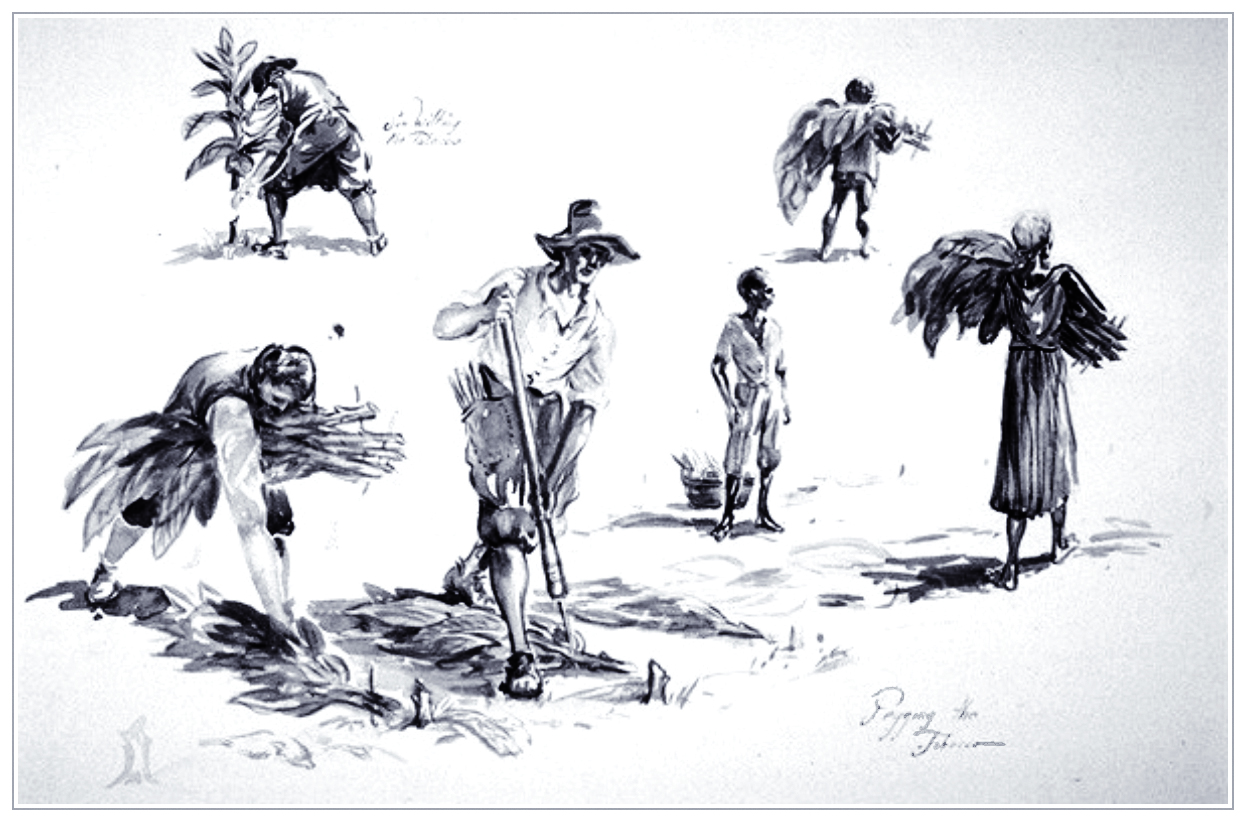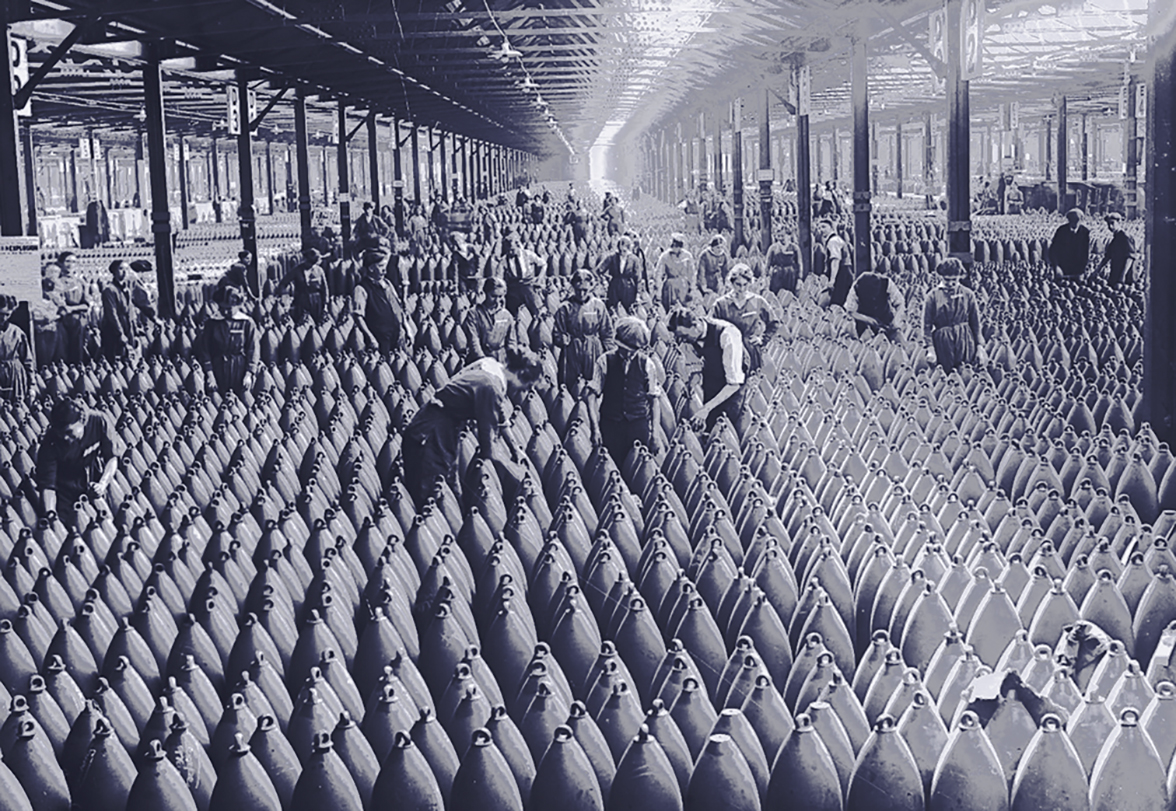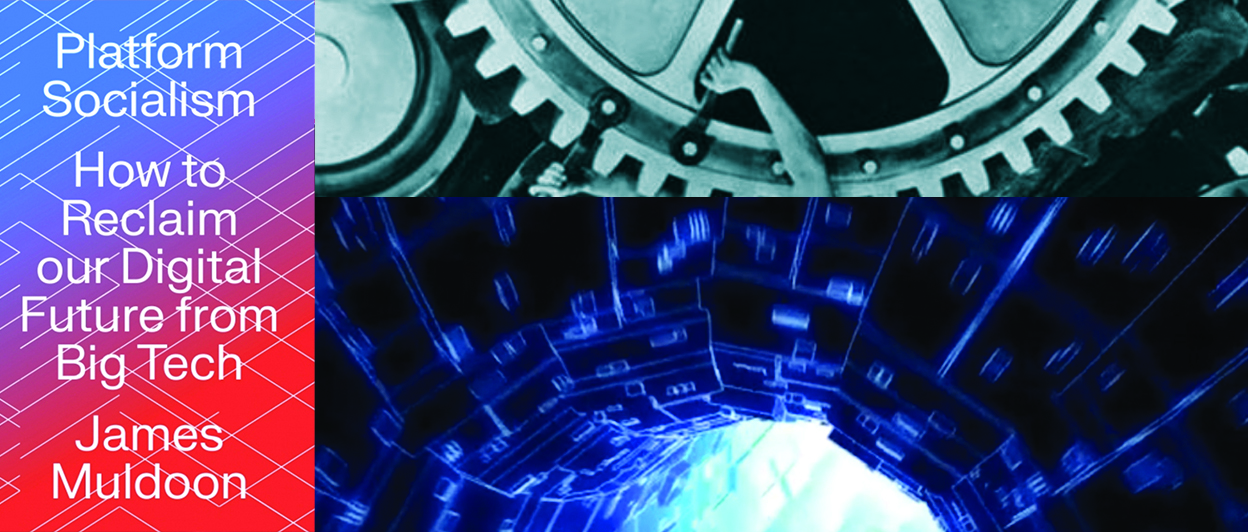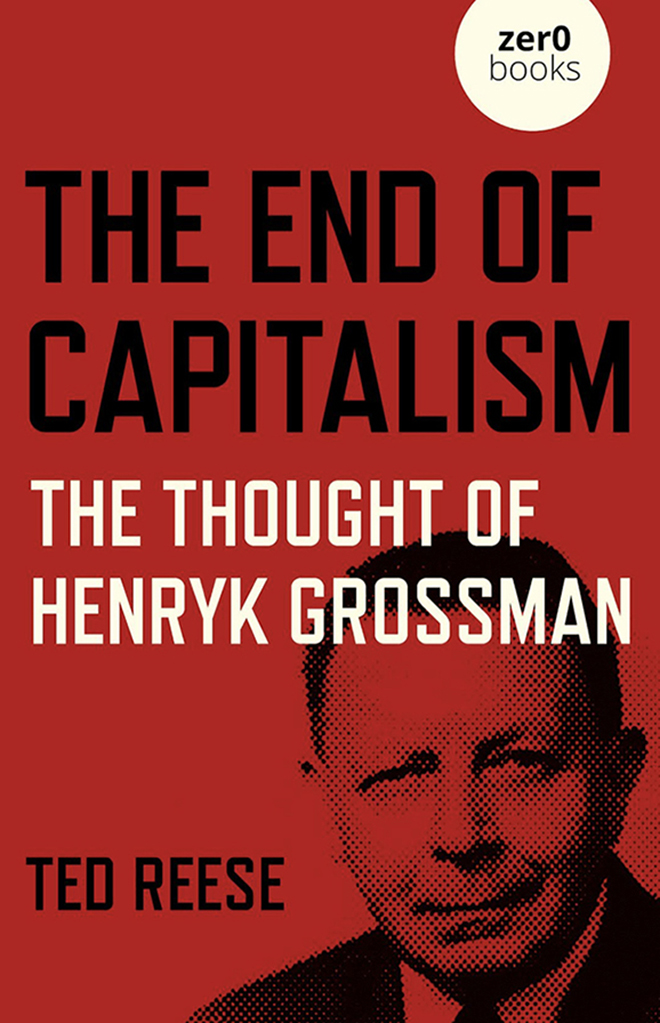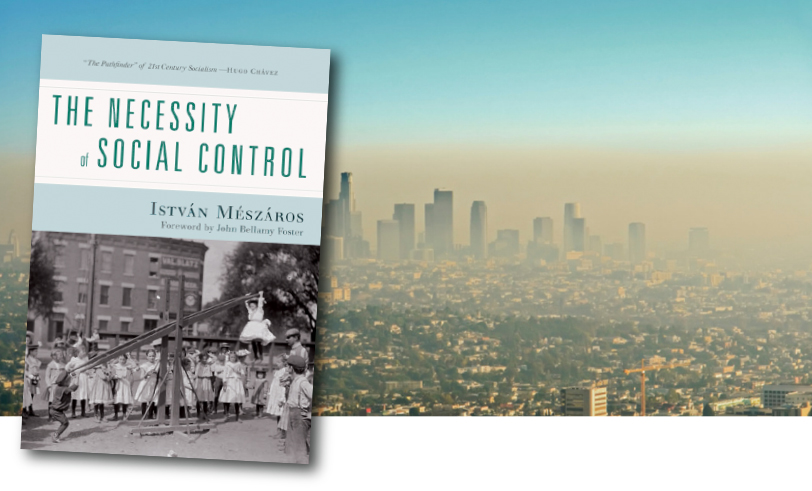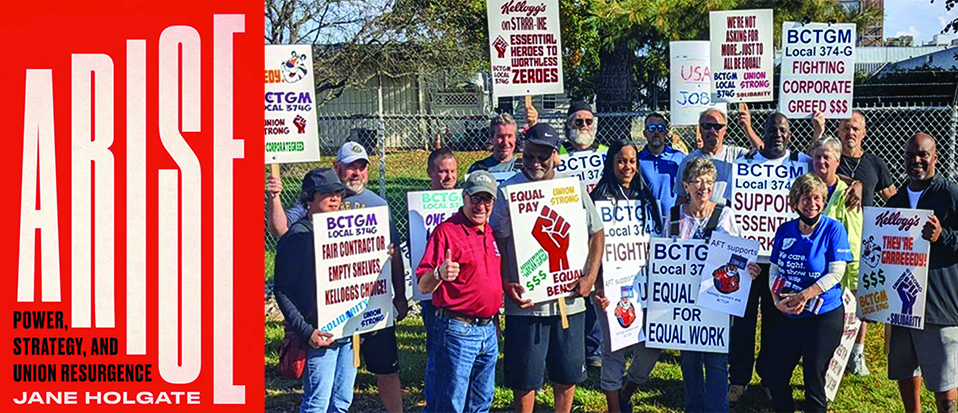The Invention of the White Race
In 1972, after over 30 years of activism in the labor and communist movements, Allen shared the following strategic insight with a new generation of revolutionaries: “The most vulnerable point at which a decisive blow can be struck against bourgeois rule in the United States is white supremacy. White supremacy is both the keystone (in the arch) and the Achilles heel of U.S. bourgeois democracy, the historic form of bourgeois rule in the US. It is a vulnerable point because it is a historically developed and unresolvable internal contradiction of US bourgeois democracy. It is the decisive vulnerable point because – as history has repeatedly proved – the basic class contradictions in bourgeois democracy can never fully mature until and unless the anti-proletarian nature of white supremacy has been completely established in the minds of the proletarian masses.”
Allen spent the next 20 years researching the primary sources and writing his magnum opus.
Animals and Capitalism: Reading and Reflecting on ‘Porkopolis’
The main reading for these sessions will be Alex Blanchette’s PORKOPOLIS: AMERICAN ANIMALITY, STANDARDIZED LIFE, AND THE FACTORY FARM, with supplemental texts on nonhuman animal work in the history of capitalism, Marxism and animal liberation, biological reproduction in animal agriculture, and related topics.
Never-Ending War!: Novels on Conflict, Resistance and Resilience
“Fiction gives us empathy: it puts us inside the minds of other people, gives us the gifts of seeing the world through their eyes. Fiction is a lie that tells us true things, over and over.” – Neil Gaiman
The Marxist Education Project Lit reading group revisits some literary classics along with contemporary novels that are prescient and compelling –challenging us to think about our understanding of history and how we will confront the present moment.
Platform Socialism: How to Reclaim Our Digital Future from Big Tech
James Muldoon shows how grassroots communities and transnational social movements can take back control from Big Tech. He reframes the technology debate and proposes a host of new ideas from the local to the international for how we can reclaim the emancipatory possibilities of digital platforms. Drawing on sources from forgotten histories to contemporary prototypes, he proposes an alternative system and charts a roadmap for how we can get there.
The End of Capitalism: The Thought of Henryk Grossman
Henryk Grossman is a name most socialists or students of political and social theory, let alone the mass of working people around the world, have probably never heard of. Yet Grossman, a Polish Jew born in 1881, deserves recognition as the most sophisticated proponent since Karl Marx of a devastating claim about the nature of our social world. For, if Grossman’s neglected but brilliant insight into economics is correct, then capitalism – the social system that has dominated life all over the globe for the past few centuries – may well be entering what he called its ‘final breakdown’.
The claim that capitalism is unsustainable has been ridiculed since the collapse of the Soviet Union in 1991. Capitalists declared ‘the end of history’ – their system had proven to be the stronger and would go on uncontested until the heat death of the universe. The same view dominated after the 1883 death of Marx, whose three-volume masterpiece Capital exposed capitalism as a crisis-ridden and historically transient economic system (mode of production).
The Invention of the White Race
In 1972, after over 30 years of activism in the labor and communist movements, Allen shared the following strategic insight with a new generation of revolutionaries: “The most vulnerable point at which a decisive blow can be struck against bourgeois rule in the United States is white supremacy. White supremacy is both the keystone (in the arch) and the Achilles heel of U.S. bourgeois democracy, the historic form of bourgeois rule in the US. It is a vulnerable point because it is a historically developed and unresolvable internal contradiction of US bourgeois democracy. It is the decisive vulnerable point because – as history has repeatedly proved – the basic class contradictions in bourgeois democracy can never fully mature until and unless the anti-proletarian nature of white supremacy has been completely established in the minds of the proletarian masses.”
Allen spent the next 20 years researching the primary sources and writing his magnum opus.
El Golpe: US Labor, the CIA, and the Coup at Ford in Mexico
It’s 1990, and US labor is being outsourced to Mexico. Rumors of a violent confrontation at the Mexican Ford Assembly plant on January 8 reach the United Auto Workers (UAW) union in the US: nine employees had been shot by a group of drunken thugs and gangsters, in an act of political repression which changed the course of Mexican and US workers’ rights forever. Rob McKenzie was working at the Ford Twin Cities Assembly plant in Minnesota when he heard of the attack. He didn’t believe the official story, and began a years-long investigation to uncover the truth. His findings took him further than he expected – all the way to the doors of the CIA.
Building Alternatives in Rojava: Women’s Liberation & Cooperative Economy
Our speakers will trace the development of the Kurdish women’s movement and discuss the growth of Rojava’s cooperative economy, highlighting women’s autonomous economic organizing.
Emre Sahin is a participant and researcher of social movements, particularly the Kurdish movement, and a sociologist at Binghamton University.
Meghan Bodette is a researcher focused on Turkey, Syria and Kurdish issues.
The Invention of the White Race
In 1972, after over 30 years of activism in the labor and communist movements, Allen shared the following strategic insight with a new generation of revolutionaries: “The most vulnerable point at which a decisive blow can be struck against bourgeois rule in the United States is white supremacy. White supremacy is both the keystone (in the arch) and the Achilles heel of U.S. bourgeois democracy, the historic form of bourgeois rule in the US. It is a vulnerable point because it is a historically developed and unresolvable internal contradiction of US bourgeois democracy. It is the decisive vulnerable point because – as history has repeatedly proved – the basic class contradictions in bourgeois democracy can never fully mature until and unless the anti-proletarian nature of white supremacy has been completely established in the minds of the proletarian masses.”
Allen spent the next 20 years researching the primary sources and writing his magnum opus.
The Necessity of Social Control by István Mészáros
“We are living in a time of unprecedented historical crisis, which affects all forms of the capital system, not just capitalism. It is easy to understand, then, that the only thing that could produce a viable solution to the contradictions that we have to face would be a radical socialist alternative to capital’s mode of social metabolic control.” István Mészáros
The Marx Revival: John Bellamy Foster and Marcello Musto
The Marx Revival: Key Concepts and New Interpretations
A focus on Ecology with John Bellamy Foster and a presentation on Communism with Marcello Musto.
“Scornful neglect and intemperate hostility, haughty dismissal and marginal course adoption, selective co-optation and selective bowdlerization: these are some of the strategies of establishment intellectuals over the years in response to the challenger of the thinker born 204 years ago in Trier. Yet, here we are near the beginning of the third decade of the 21st century, and it sometimes seems that Karl Marx’s ideas have never been as topical, or as commanding of respect and interest, as they are today.” —Marcello Musto, from the Preface, The Marx Revival
Arise: Power, Strategy and Union Resurgence
Drawing on history and case studies of unions developing the effective use of power, Jane Holgate’s book lays out strategies for moving beyond the pessimism that prevails in much of today’s union movement. By placing power analysis back at the heart of workers’ struggle, the chapters of Arise demonstrate that transformational change is not only possible, but within reach.
From Science Fiction to Visionary Fiction: Learning from Octavia Butler
Writing in the years of momentous change from 1971 to 2006, Octavia Butler embodied the emergence of "visionary fiction" as a new way to write, read and draw inspiration from science fiction. This spring, the Marxist Education Project's first literature reading group devoted to science fiction will read Kindred (1979) and Parable of the Sower (1993), both now graphic novels and soon film and streaming series. Fifteen years on since her passing, Butler's influence continues to grow. We will also read NK Jemisin’s Fifth Season (2015) and Martha Wells’ All Systems Red (2017) to explore some of Butler's lasting legacy. We will also make room to explore related short stories, graphic novels, essays, films, and more.
The Invention of the White Race
In 1972, after over 30 years of activism in the labor and communist movements, Allen shared the following strategic insight with a new generation of revolutionaries: “The most vulnerable point at which a decisive blow can be struck against bourgeois rule in the United States is white supremacy. White supremacy is both the keystone (in the arch) and the Achilles heel of U.S. bourgeois democracy, the historic form of bourgeois rule in the US. It is a vulnerable point because it is a historically developed and unresolvable internal contradiction of US bourgeois democracy. It is the decisive vulnerable point because – as history has repeatedly proved – the basic class contradictions in bourgeois democracy can never fully mature until and unless the anti-proletarian nature of white supremacy has been completely established in the minds of the proletarian masses.”
Allen spent the next 20 years researching the primary sources and writing his magnum opus.
The Necessity of Social Control by István Mészáros
“We are living in a time of unprecedented historical crisis, which affects all forms of the capital system, not just capitalism. It is easy to understand, then, that the only thing that could produce a viable solution to the contradictions that we have to face would be a radical socialist alternative to capital’s mode of social metabolic control.” István Mészáros

